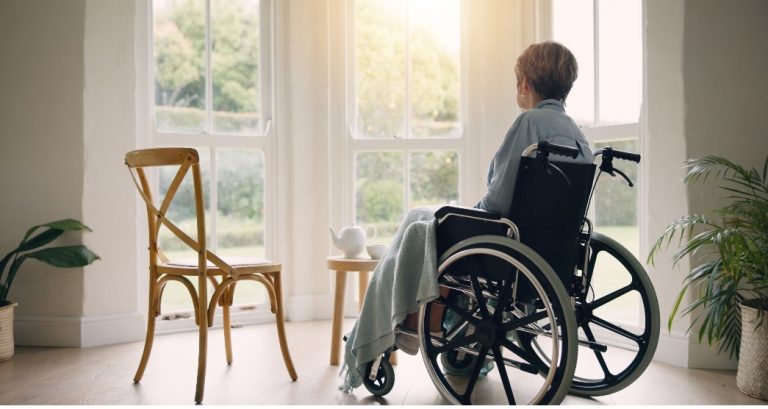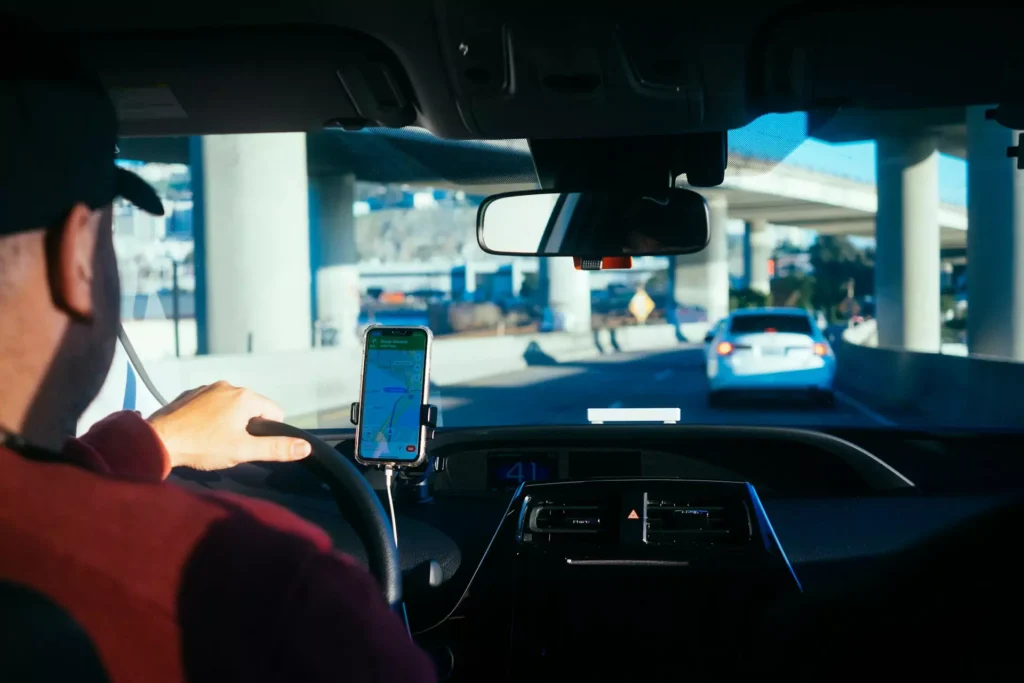Over the past few years, the transportation sector has seen tremendous transformation through rideshare platforms, including Uber and Lyft, especially in metropolitan areas like Atlanta. They offer quick, cost-effective, and convenient alternative modes of transport to conventional taxis or public transport. However, they have their fair share of risks.
Rideshare services are standard modes of transportation for many people in Georgia. You may have never experienced an accident when using Uber. However, imagine you are on a trip, relying on a rideshare service to safely take you to your destination. Suddenly, an unexpected event occurs, such as a sudden accident, which disrupts your journey.
A sudden accident can not only ruin your day but also result in catastrophic injuries, leaving you in a challenging situation. Should a crash occur while using a rideshare vehicle, several parties can bear liability. These include the driver, the rideshare company, other motorists, or third parties.
Driver Versus Company Liability: Legal Distinctions
It’s understandable to have questions about who is responsible for the damages after a rideshare accident. So, who is liable for damages? Is it the rideshare driver? The rideshare company? Or do you file your claim with the other driver’s insurance company? In rideshare car accident cases, it’s vital to identify potentially liable parties. While one party may be responsible, there are scenarios where multiple parties might bear some responsibility. Knowing all potentially liable parties ensures that the appropriate parties are held accountable for the damages incurred.
Driver Liability
Several scenarios may lead to Uber or Lyft drivers causing accidents. These actions may make the driver liable for rideshare accidents.
- Negligence. Should the rideshare driver’s negligence contribute to the accident, they bear personal liability for ensuing damages. Negligent actions include speeding, distracted driving, or violations of traffic laws.
- Independent contractor status. Rideshare companies typically classify drivers as independent contractors rather than employees. In Atlanta, this classification influences the extent of the company’s liability. If the driver’s actions align with their employment scope, the rideshare company may share liability for the accident.
Company Liability
Two primary factors can lead to company liability in rideshare accidents:
- Vicarious liability. According to the legal doctrine, rideshare companies can be held accountable for their drivers’ actions within their employment scope. If the driver was actively engaged in company duties during the accident, such as ferrying passengers or en route to pick up a passenger, the company may share liability for damages.
- Insurance coverage. Rideshare companies must maintain insurance coverage extending to drivers logged into the app and available for rides. Georgia mandates specific minimum coverage requirements. If the driver’s insurance falls short of covering accident damages, the rideshare company’s insurance policy may offer supplementary coverage.
Joint Liability
In specific scenarios, the rideshare driver and the company may share liability for the accident. For instance, if the driver’s actions contribute to the accident and the company’s policies or practices also play a role, both parties may bear liability in rideshare accidents.
Negligent Recruitment and Background Checks
Rideshare companies must exercise reasonable care when hiring drivers, including conducting thorough background checks to ensure the safety of passengers. Negligent recruitment can expose rideshare companies to liability in Uber accidents if they fail to screen drivers adequately.
Negligent Recruitment
Negligent recruitment occurs when rideshare companies fail to exercise reasonable care when hiring drivers. It can lead to selecting unqualified, incompetent, or dangerous individuals to operate vehicles. These can include overlooking red flags in a driver’s background check, such as multiple traffic violations, a history of reckless driving, or a criminal record involving offenses that risk passenger safety.
Negligent recruitment may also involve inadequate training or supervision of drivers, failing to verify driver qualifications, or overlooking past complaints or safety concerns from passengers or other stakeholders.
Background Checks
Rideshare companies should conduct background checks before recruiting Uber or Lyft drivers. These checks may include a review of the driver’s motor vehicle record, criminal history, and employment history.
Motor vehicle records provide information about a driver’s driving history, including any traffic violations, accidents, or license suspensions. Criminal background checks help identify past convictions or charges that may disqualify a driver from serving as a rideshare driver. Employment history verification ensures that the driver has relevant experience and qualifications.
Rideshare Insurance Policies and Coverage in Atlanta
Determining liability in Uber accidents involves a detailed examination of insurance policies and coverage provided by rideshare companies, as well as the actions and responsibilities of various parties involved.
Our experienced car accident lawyers pursue fair compensation for Uber and Lyft accident victims by examining the insurance policies and coverage provided by rideshare companies and the actions of all involved parties. According to Georgia insurance laws, rideshare drivers should maintain auto insurance, while rideshare companies offer additional coverage based on the driver’s activity within the app.
Proving Liability in Rideshare Accidents
Proving liability in rideshare accidents involves collecting evidence and demonstrating the negligence or fault of the parties involved. Here is how Fry | Goehring can help prove liability in Lyft or Uber accidents in Atlanta:
Collecting Evidence
Gathering evidence is critical to proving liability. It includes obtaining the police report, eyewitness statements, photographs of the scene, and any available surveillance footage. Medical records documenting injuries sustained in the accident are crucial evidence when establishing liability.
Establishing Negligence
Georgia follows a comparative negligence rule, wherein multiple parties may share liability based on their degree of fault. Experienced Fry | Goehring lawyers can help demonstrate if negligence led to the accident, showing that the defendant breached their duty of care, resulting in the plaintiff’s injuries and damages.
Seeking guidance from our litigation trial attorneys is pivotal to proving liability after a rideshare accident. We can help with evidence collection, case analysis, negotiations with insurance companies, and representing your interests in court proceedings.
Get Help With Your Rideshare Accident Claim in Atlanta
Navigating the complexities of a rideshare accident claim in Atlanta can be challenging. It requires a thorough understanding of state laws and insurance policies. From gathering evidence to proving liability, every step of the process is crucial to securing the compensation you deserve for your injuries and losses.
If you’ve been involved in an Uber or Lyft accident in Atlanta and need assistance with your claim, contact our experienced Uber accident attorneys. We’re here to help you understand your rights, navigate the legal process, and advocate for the compensation you deserve.Contact us today for a free consultation, or call us at 404-969-1284 anytime to speak with an Atlanta car accident lawyer. Your journey to recovery after a rideshare accident starts here.





